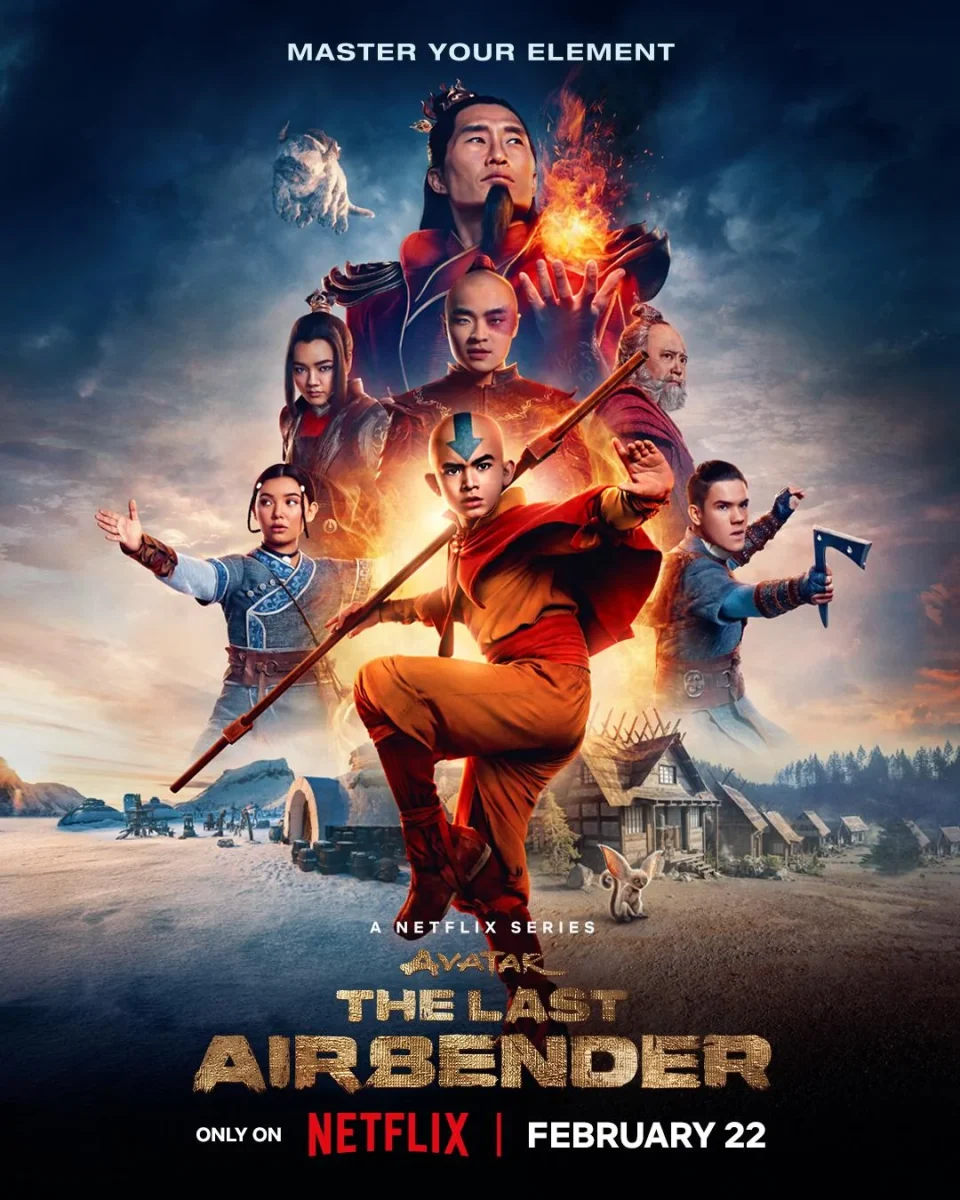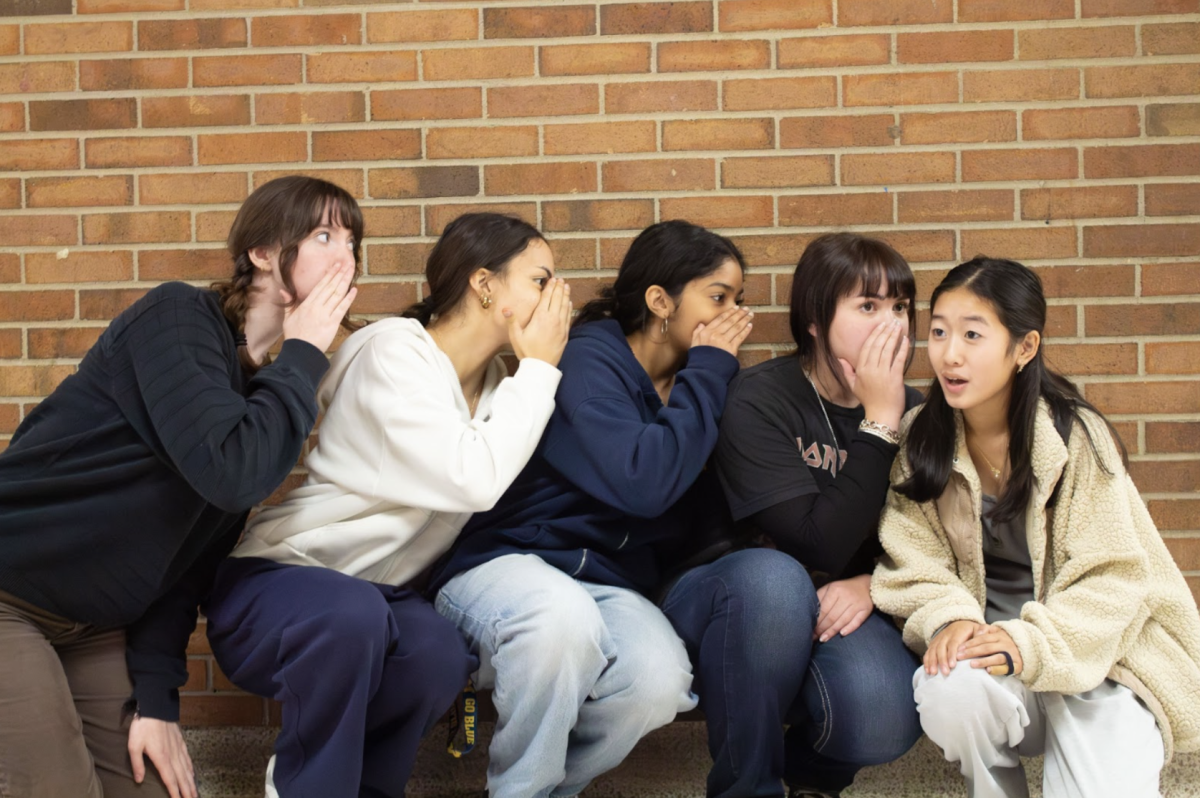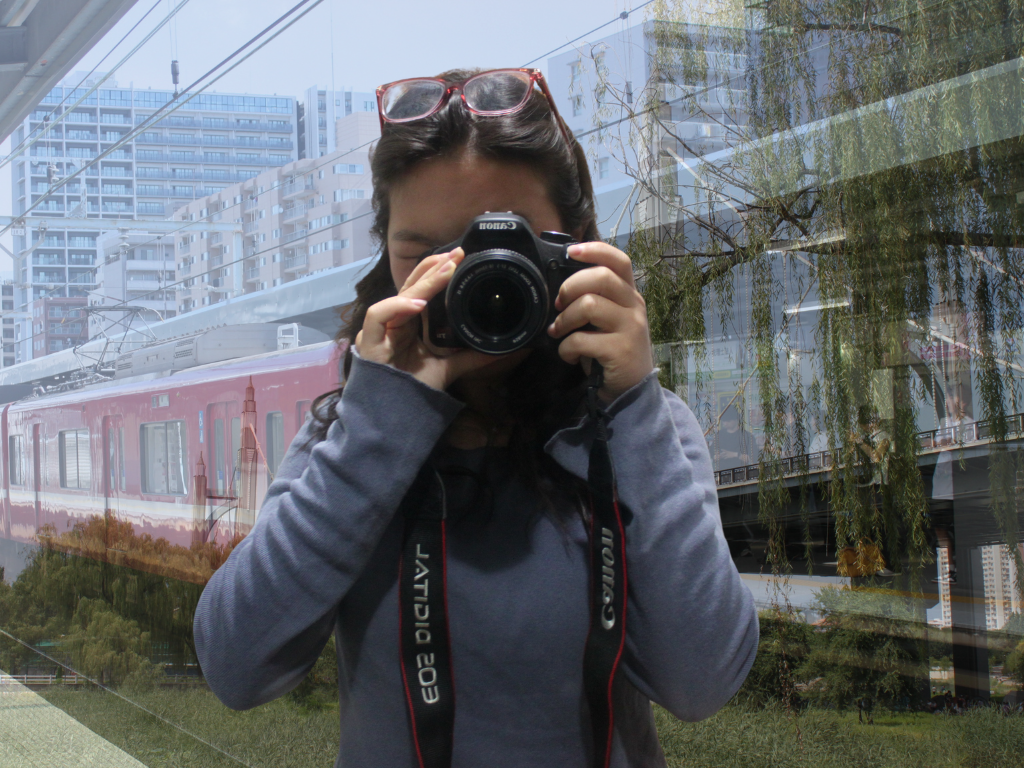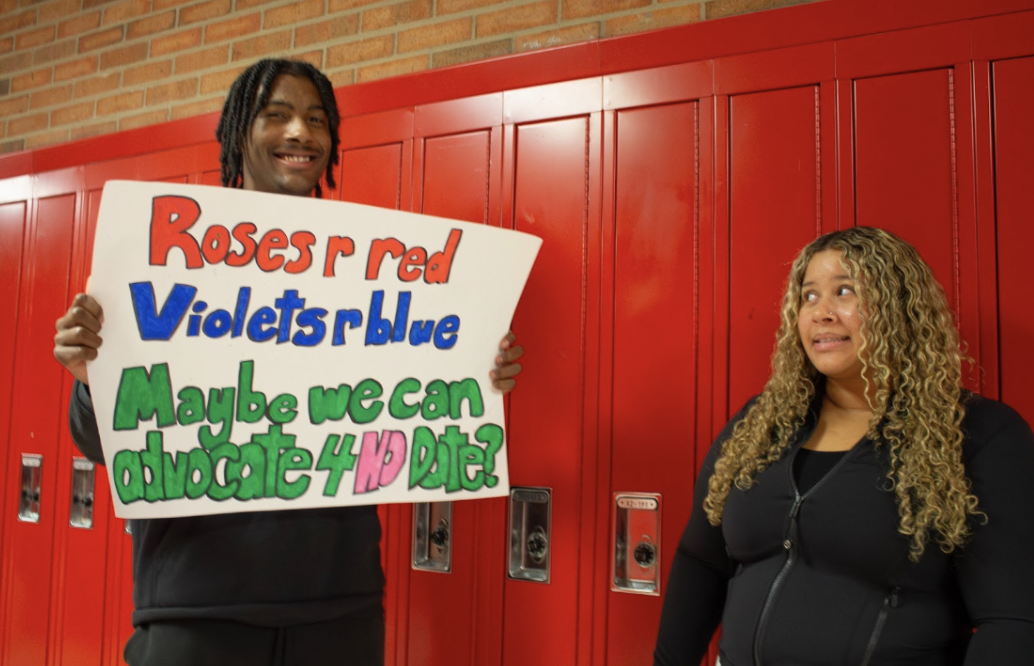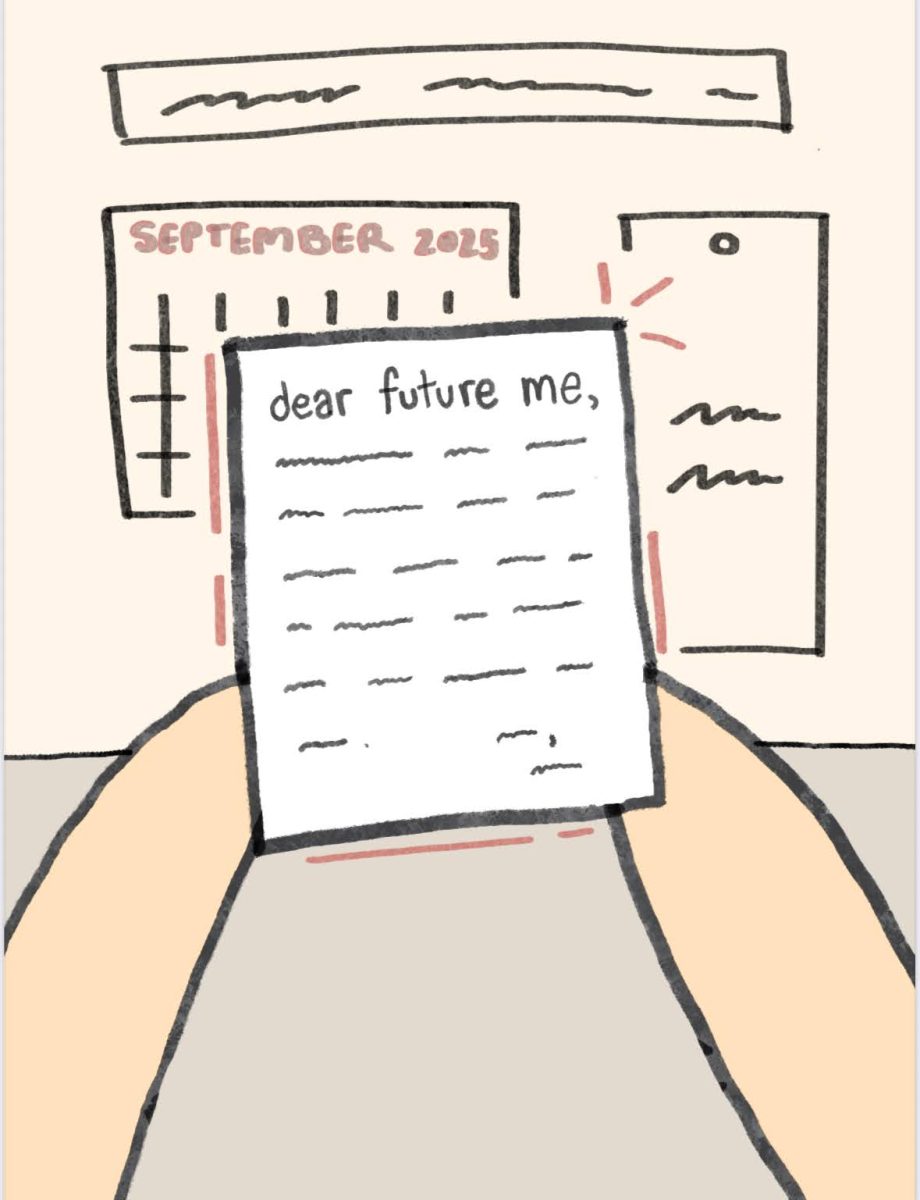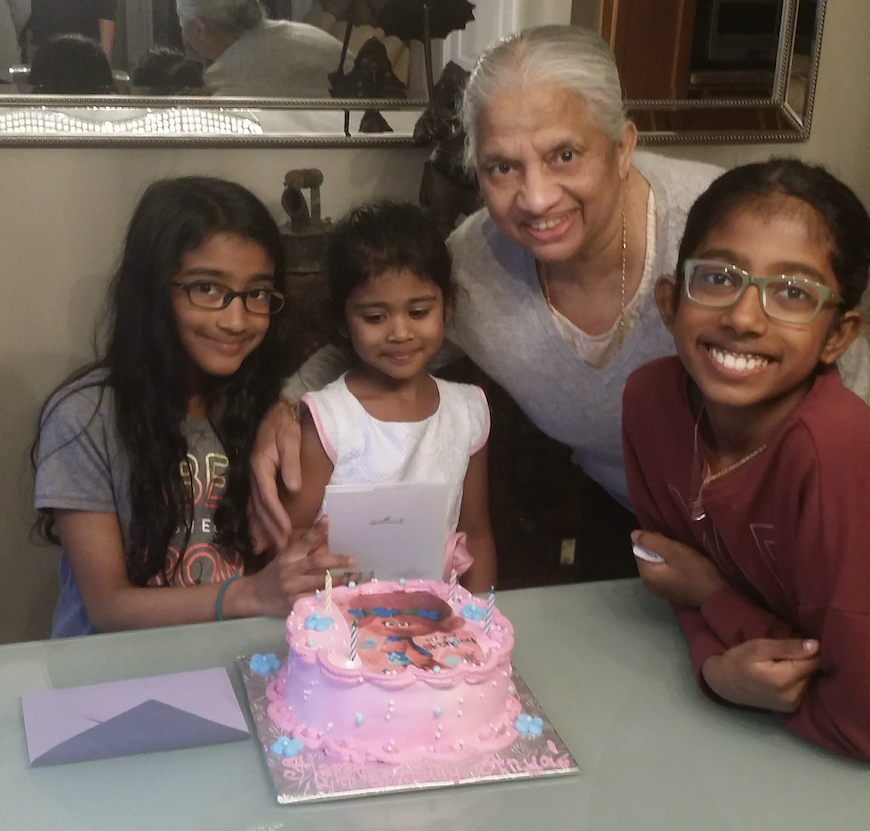Despite being a children’s cartoon, “Avatar: The Last Airbender” (ATLA) holds a special place in the hearts of many. As a Taiwanese-Singaporean-American, the series resonated with me on multiple levels, weaving Eastern and Western cultural influences into a compelling narrative. ATLA follows the journey of the 12-year-old Avatar Aang — the only master of all four elements — who holds the power to return peace to a war-torn world plagued by the Fire Nation.
Like most fans, I was skeptical to hear news about Netflix’s live-action adaptation of ATLA. Netflix has a history of blotched live-action remakes, including “Death Note” (2017) and “Cowboy BeBop” (2021). In August 2020, the exit of ATLA’s original creators Bryan Konietzko and Michael Dante Dimartino from the Netflix project added to fans’ concern that Netflix’s adaptation is destined to fail.
Netflix introduced a cast that paid homage to the cultural influences of the respective characters. The Avatar and his companions, Aang (Gordon Cormier), Katara (Kiawentiio Tarbell), Sokka (Ian Ousley), and later Zuko (Dallas James Liu) signaled a hopeful sign that Netflix’s adaptation would not repeat the whitewashed cast of M. Night Shyamalan’s The Last Airbender (2010).
Regardless, released Feb. 22, 2024, Netflix’s adaptation failed to capture the spirit that made the original series so beloved.
One of the sharpest shortcomings of Netflix’s adaptation lies in the handling of character development. The characters in the original series were imbued with depth and humanity, navigating moral gray areas in their one-of-a-kind journeys. However, in Netflix’s adaptation, the characters feel underdeveloped and short in chemistry.
This failure is evident in Netflix’s portrayal of Zuko, the banished Prince of the Fire Nation. In the original series, Zuko’s journey from antagonist to ally is marked by moments of utter vulnerability, from risking his life to rescue his helmsman to exchanging a kiss with an Earth Kingdom commoner. While the original series introduced Zuko as a villain to be hated by all, the series always showed, not told, Zuko’s humanity in glimpses. However, in Netflix’s adaptation, Zuko’s humanity is robbed. Zuko wins the trust of others with ease. Zuko never needs to fight to unlearn his childhood conditioning and become a better person.
Furthermore, Netflix’s adaptation lacks an attention to details to integrate cultural elements effectively. In the original series, the creators worked closely with calligrapher professor S.L. Lee to ensure that every calligraphic piece corresponded with the context. In Ancient China, calligraphy is considered one of the four arts symbolizing mastery over oneself, like how ATLA characters can control or “bend” one of the four elements: water, earth, fire and air. As a calligrapher myself, I was disappointed to see the sloppy calligraphy — clearly written by different people — in Zuko’s diary that is not befitting for the Prince of the Fire Nation. The calligraphy fails to appreciate the subtle lift and pull of the brush for a refined touch. The lack of attention to detail resulted in Netflix’s adaptation missing out on the grounded cultural component of the original series.
Additionally, the adaptation further demonstrates Netflix’s inability to explore themes of feminism and gender dynamics. Katara of the Southern Water Tribe sees her sass and motherly instincts stripped away as Netflix attempts to dilute the sexism from the original series in the name of feminism. Yet, her role of caretaker shaped by her upbringing in a patriarchal society and the trauma inflicted by the Fire Nation raids, was what made her a complex character. In the animated series, this background pushes Katara to use her opportunity to explore the world to assert her own needs while remaining true to her compassionate nature. This loss of nuances diminishes the impact of her character and relationships with her community.
For instance, her brother Sokka no longer has a chance to unlearn his sexist worldview the hard way. In the cartoon, navigating the unfair reality drove his transformation into a capable changemaker ready to lead the way to a brighter future.
In essence, Netflix’s adaptation fails to understand the value of imperfections in shaping complex characters. The reality, though unfair, pushes characters to challenge themselves and achieve personal growth. Fans can only hope that Season 2 can promise a more thoughtful adaptation that captures the heart of ATLA.



